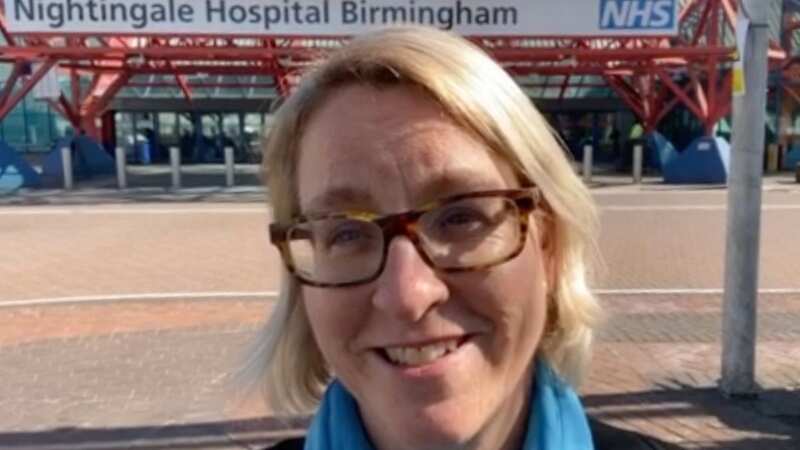Doctor who's watched 2,000 people die explains patients' poignant last words

A doctor has told of patients’ fear before they are about to die, as well as signs there could be an afterlife.
Dr Sarah Wells has been working for 20 years as a palliative care doctor and takes pride in looking after patients’ bodies even after they have passed. She admits that people are scared of the unknown; especially those who have witnessed others' painful last moments.
She now is head of a team of 10 doctors at Marie Curie Hospice in Solihull, that look after up to 20 patients at a time who have terminal conditions - such as heart disease, dementia or motor neurone disease - and have just weeks to live.
She said that she has cared for about 2,000 terminally ill patients in total, and states that while many are elderly there is also a “disproportionately” large number of younger people.
A sign she's noticed that people are coming to the end is when they start talking about seeing lost relatives. And while not religious, she said that the experiences have given her a strengthened belief in an afterlife, she wrote in the Telegraph.
 Meet Britain's wonder women keeping our country running
Meet Britain's wonder women keeping our country running
"When they tell me they’ve seen their mum, or a lost child, or even a pet – whether as spirits or images in their mind, it depends on their belief system, but they always find it reassuring – I know they only have hours or days left," she said. "I’m not at all religious but my spiritual belief in an afterlife has been strengthened by my work. Patients talk to me not so much about God, but the deceased relatives they see coming to them."
Dr Wells told of one woman who had heart failure and was terrified of dying after watching her dad die from the condition. "We reassured her that dying is generally a peaceful process, during which people get sleepier as their organs slow down and they slip into unconsciousness, able to hear and feel the touch of a hand, even though they can’t communicate," she said.
Dr Wells has found that her work makes her realise how important it is to not worry too much about the minor aspects to life like being caught in traffic. She also looks after herself by keeping fit and eating well. Her message to patients is that even if they only have a short time left “every day is precious”.
Read more similar news:
Comments:
comments powered by Disqus

































